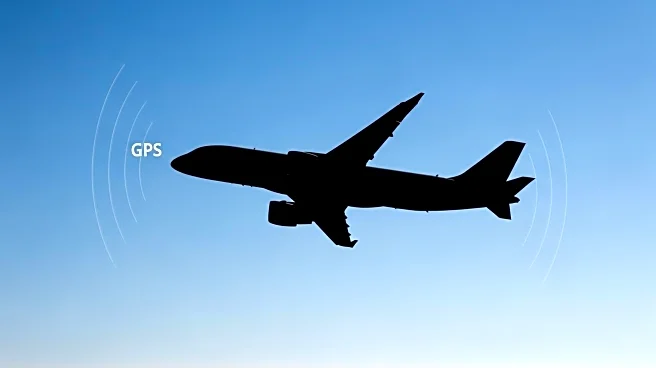What's Happening?
NATO is actively working to counter Russian GPS jamming following an incident involving European Commission President Ursula von der Leyen's plane, which lost GPS navigation in Bulgarian airspace. The plane landed safely, but Bulgarian authorities suspect Russian interference. NATO Secretary-General Mark Rutte emphasized the seriousness of the situation and the alliance's commitment to preventing future occurrences. The jamming is part of a broader campaign of 'hybrid threats' by Russia, including cyberattacks and other disruptive activities across Europe. The incident highlights ongoing tensions and security challenges in the region.
Why It's Important?
The interference with von der Leyen's flight underscores the increasing threat posed by Russian 'hybrid threats,' which can have significant implications for European security and NATO's operational readiness. Such actions could disrupt civilian and military operations, posing risks to safety and stability. The incident also reflects broader geopolitical tensions between Russia and Western nations, with potential impacts on diplomatic relations and defense strategies. NATO's response is crucial in maintaining security and deterring further aggressive actions by Russia.
What's Next?
NATO is expected to enhance its countermeasures against GPS jamming and other hybrid threats, potentially increasing collaboration with member states to improve resilience and security protocols. The alliance may also engage in diplomatic efforts to address the issue with Russia and seek international support to prevent similar incidents. Continued monitoring and analysis of Russian activities will be essential to anticipate and mitigate future threats.









